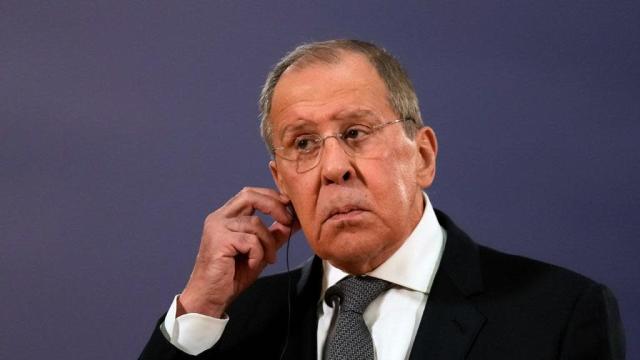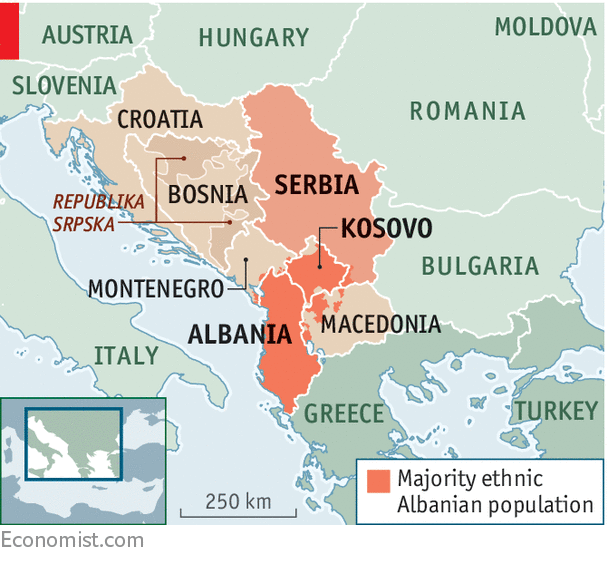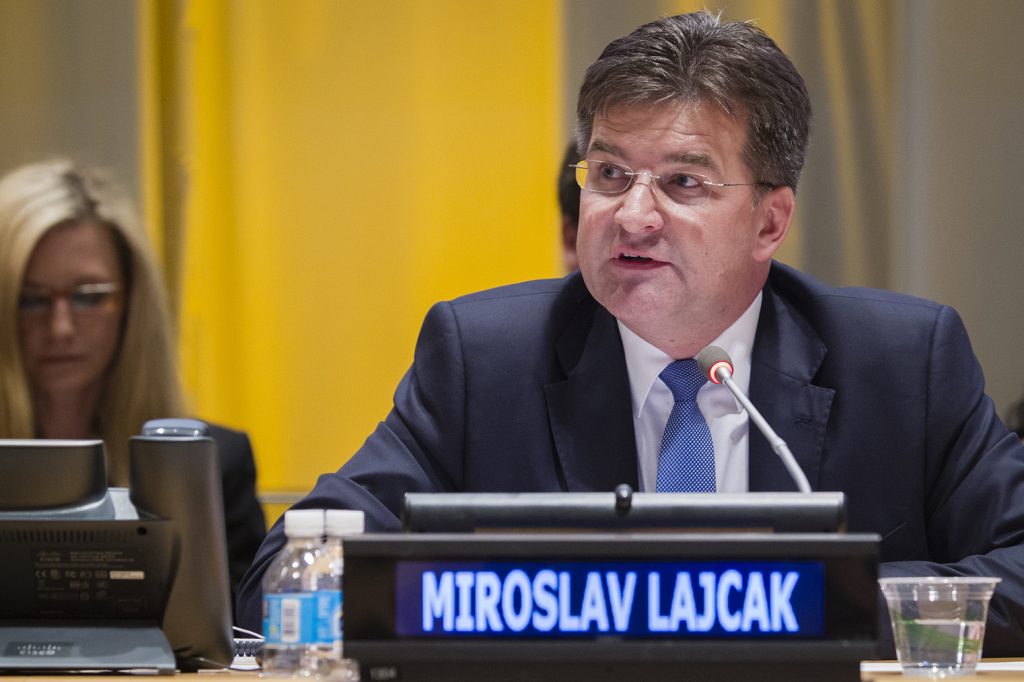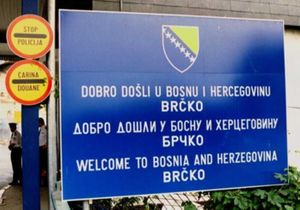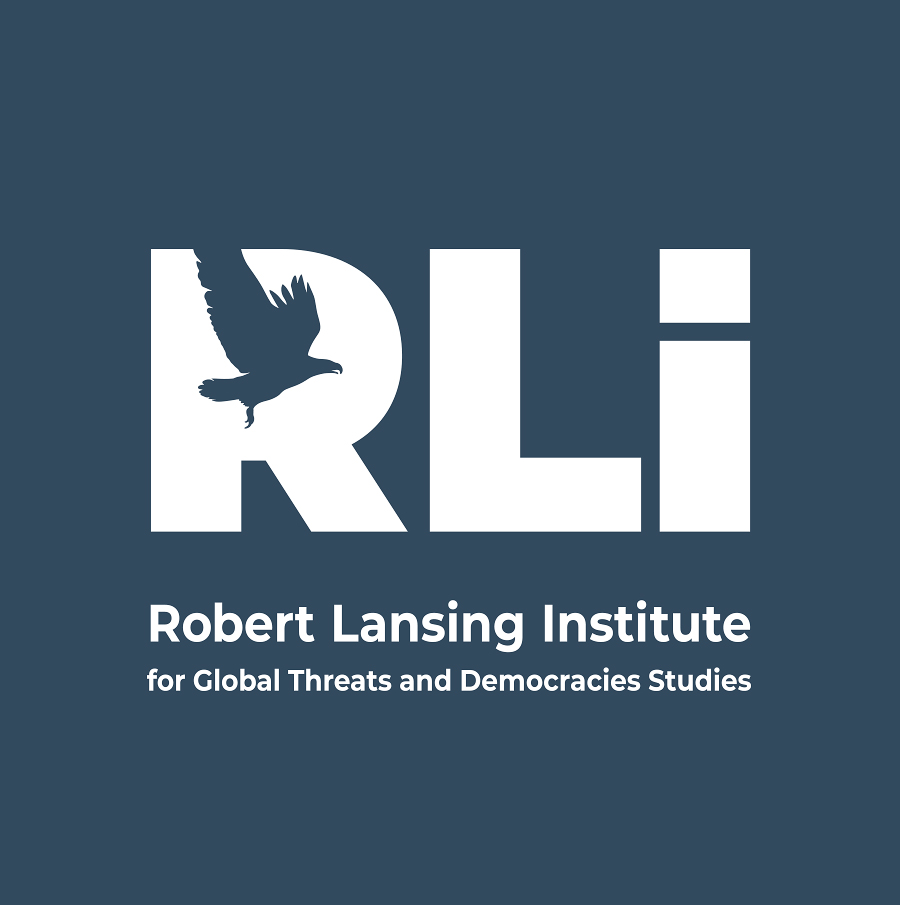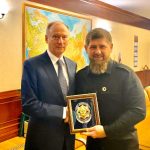Balkans has a long history with Russian influence. Last three decades, collisions of Russian Foreign Policy and US foreign policy in Balkans mostly have happened in Bosnia and Herzegovina and Kosovo with heavy involvement of Serbia, a Russian proxy state. Lately, failed attempts to install a pro-Russian government through coup, failed miserably when Montenegrin police arrested foreign agents who were preparing actions to help pro-serbian and pro-russian forces to change the government in an undemocratic manner.
Open Balkans has been seen thus far as one of the initiatives which might bring some ease in tensioned relations among former Yugoslav states and Albania into a joint effort to “liberalize market” and increase “freedom of movement” by creating a joint interest environment in line with EU integrations. So far, this initiative was supported by Escobar and EU officials as a good start to joint collaboration and joint efforts to EU integration. Naturally, Russiain stand was saved for later until this card blanche was used by Sergei Lavrov on the verge of his visit to Serbia which was made impossible by sanctions against Russian Federation.
Russian Foreign Minister Sergei Lavrov was unable to visit Belgrade, on June 6th and 7th as was scheduled. This because Northern Macedonia, Montenegro and Bulgaria, and other states surrounding Serbia did not clearance to fly on their airspace for Lavrov to fly to Serbia. This led to Lavrov canceling the visit which gave Vucic of Serbia the leverage to kill two birds with one stone. One, complain to his pro-russia followers that it is the others that stop the visit and two, also win with the EU counterparts that Lavrov is not visiting Serbia anyway.
Following the cancellation of the visit, authorities in Moscow condemned the action of the three states that closed their airspace for the Russian minister, but it did not end there. Russian Foreign Minister, Lavrov, came up with a new strategy, which will cause a lot of confusion in the future for the countries that would join the “Open Balkans” initiative. Presenting it as a Serbo-Russian project, he stated that Russia supports this initiative. The Russian chief diplomat expressed support for the “Open Balkan” initiative, just a few days before the next meeting between the leaders of the Western Balkan states to be held in Ohrid, North Macedonia. He also said that in Belgrade, he would also express Russia’s approach towards Kosovo and BaH, stressing that no one should dare to ruin relations between Serbia and Russia. Lavrov knew that this declaration would be the last nail in the coffin of the Open Balkans initiative considering the anti-russian sentiment among Montenegro, Kosovo and to some extent BaH as well.
Lavrov’s attempt to present the “Open Balkans” as a Serbian project supported by Russia, at a time when Russian aggression against Ukraine has already passed 100 days, seems quite dangerous. This statement will not only cause confusion within the skeptical EU states themselves, but will also provoke resentment within the Western Balkan states that support and oppose this initiative. The “Open Balkans” initiative was created in 2019 by Albanian Prime Minister Edi Rama, Vucic and Zaev. Until July 2021, this initiative was called “Mini-Schengen”. In the framework of the “Open Balkans” initiative, Albania, Serbia and Northern Macedonia have already reached a series of agreements, which are said to aim at improving regional cooperation. But the three countries that so far reject this initiative are Kosovo, Bosnia and Herzegovina and Montenegro, respectively, considering it as a dangerous initiative and as an avoidance on their path to integration into the European Union.
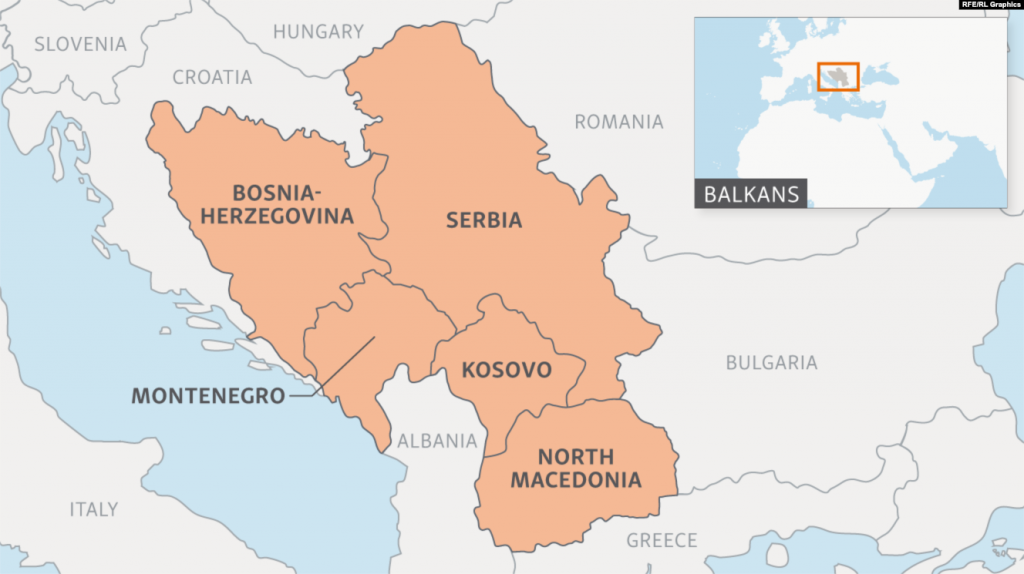
Read also: Balkans: Open Border to Avoid a Bloodbath
Another visit that will turn the attention of the Balkans, towards the European future, is expected to take place on June 10. The visit of the German Chancellor Olaf Scholtz, in addition to being expected to reconfirm the future of the region in the European Union, is expected to give a new energy to the Berlin Process, which I think is more important for the EU integration of the Balkans, than the “Open Balkans” initiative. The German diplomat is also expected to give a boost to the dialogue between Kosovo and Serbia. The intensification of European diplomacy in the Kosovo-Serbia dialogue process to find a solution, comes at a time when Russia is trying to destabilize the region in various ways, confusing public opinion about the future of the Balkans in the EU integration, fearing that crisis will spread to the Balkans.
The engagement of the German diplomat Olaf Scholtz on the dialogue between Kosovo and Serbia seemed to give him a push ahead of the developments even in the beginning of May when he had invited the two leaders of the countries to Berlin. The Prime Minister of Kosovo, Albin Kurti, and the President of Serbia, Aleksandar Vucic, then met with the EU representative, Lajcak, at an informal dinner. Officially, Kurti and Vucic have not met in the framework of a high-level dialogue since last summer. The meeting of the two leaders cannot be of the technical level. It must bring results of mutual recognition. The dialogue this time must not fail!


